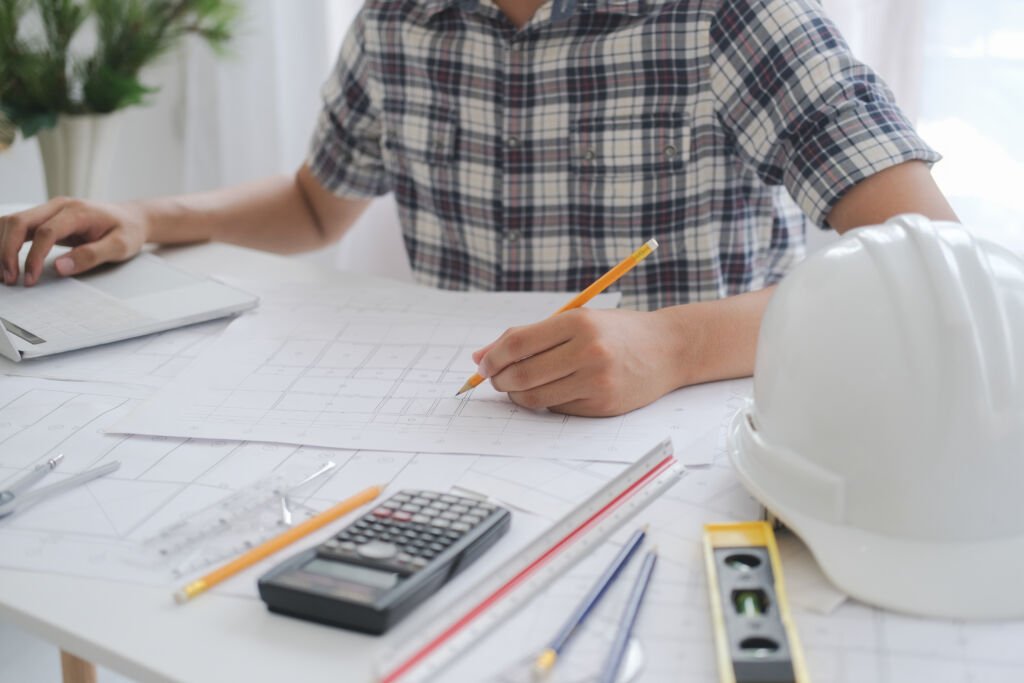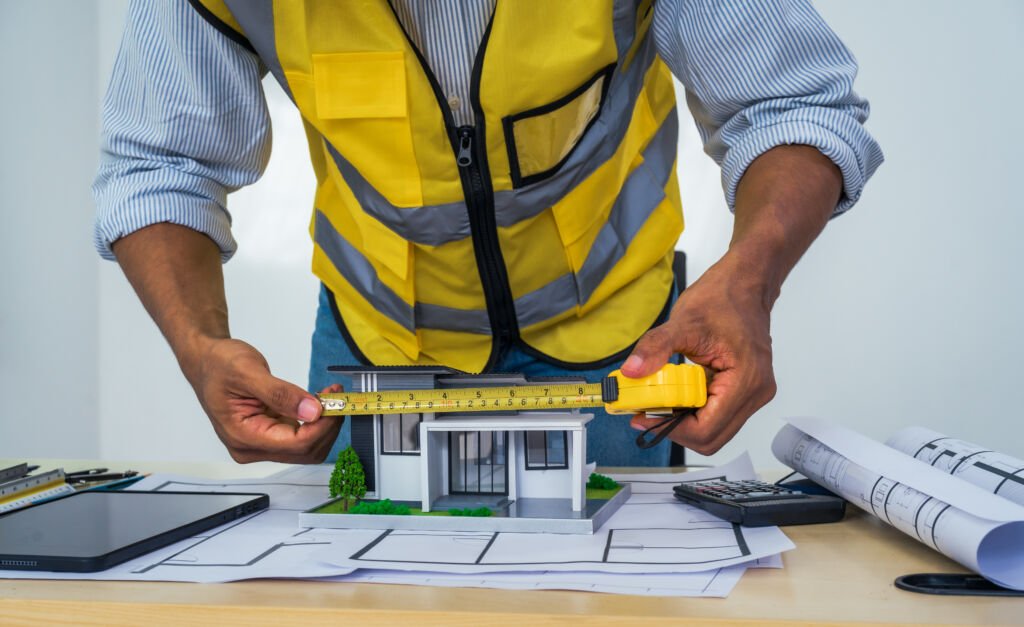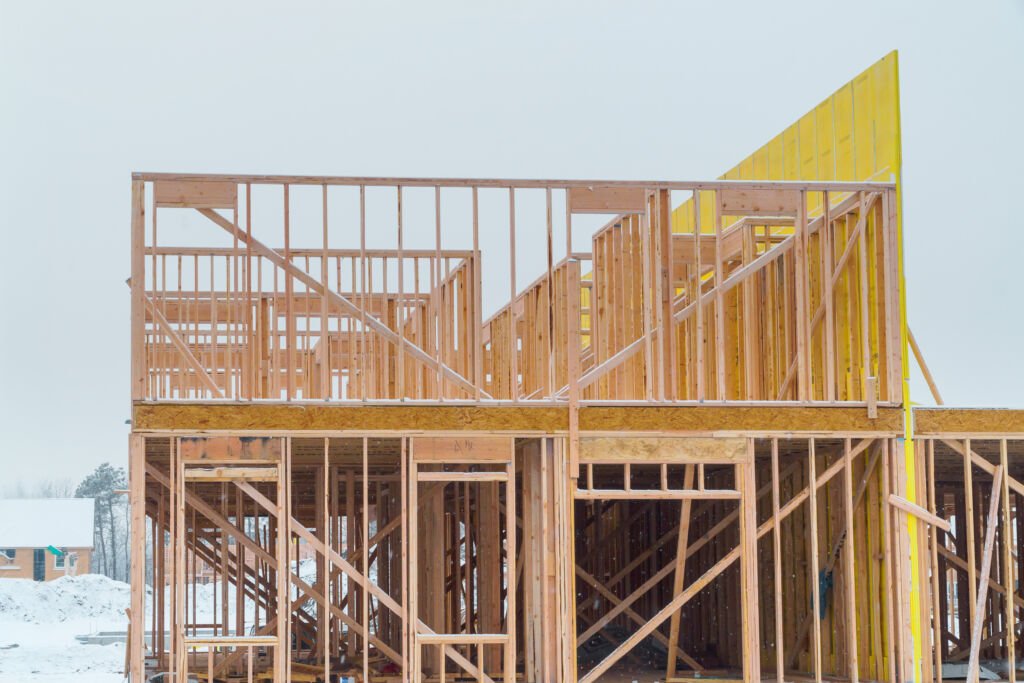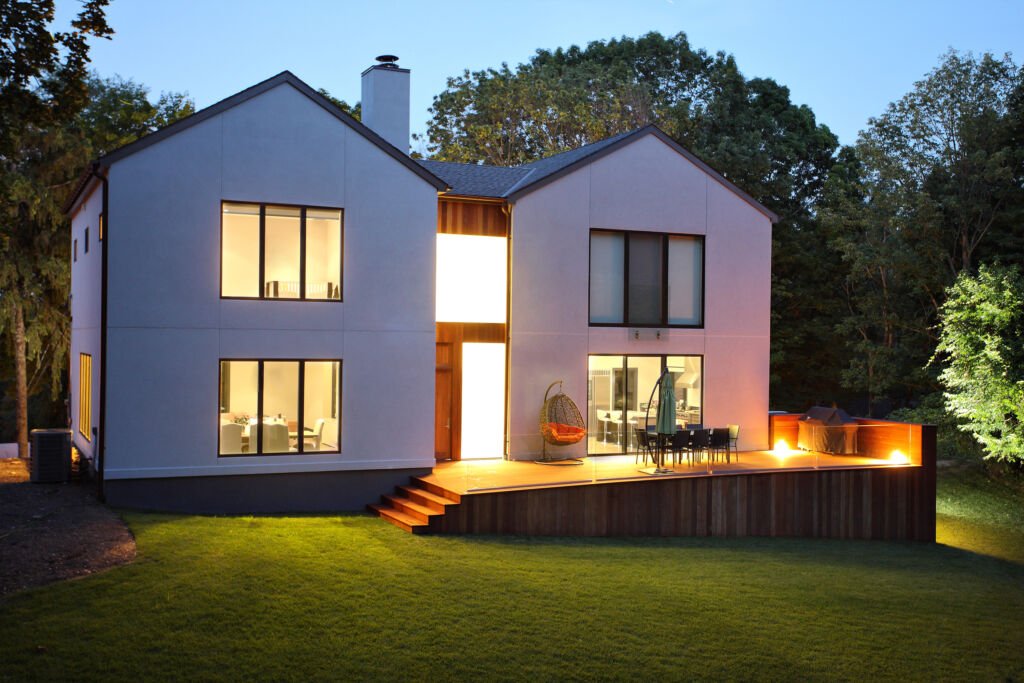“Building a dream, one square fOOT at a time, where cOst meets quality and value is the ultimate measure”.

Understanding Construction Costs Per Square Foot: A Comprehensive Guide
When embarking on a new building project or renovation, one of the most crucial factors to consider is the construction cost per square foot. This metric can provide valuable insights into the overall budget and help you make informed decisions throughout the project. In this comprehensive guide, we will explore what construction cost per square foot entails, how to calculate it, and how to manage it effectively.
What is Construction Cost Per Square Foot?
Construction cost per square foot is a key indicator used to estimate the cost of building or renovating a structure based on its total area. It is calculated by dividing the total construction cost by the total square footage of the project. This metric is essential for budgeting, comparing costs across different projects, and understanding market trends.

Why is Construction Cost Per Square Foot Important?
Understanding construction cost per square foot is vital for several reasons:
- Budget Planning: It helps you estimate the total cost of a project based on its size. Knowing this can prevent budget overruns and ensure you allocate sufficient funds.
- Comparative Analysis: By comparing the cost per square foot of different projects or contractors, you can gauge whether you’re getting a fair deal.
- Market Trends: It provides insight into current market rates, which can influence your decisions regarding materials, design, and labor.
Factors Affecting Construction Cost Per Square Foot
Construction costs can vary significantly based on several factors. Understanding these can help you better manage and anticipate costs.
1. Location
The location of your project plays a significant role in determining construction costs. Costs tend to be higher in urban areas compared to rural locations due to factors like labor rates, material transportation, and local regulations.
2. Type of Building
The purpose and type of building—residential, commercial, or industrial—affect construction costs. For instance, commercial buildings often require specialized materials and designs, which can drive up the cost per square foot.
3. Quality of Materials
Higher-quality materials typically result in higher costs. Custom or luxury finishes can significantly increase the cost per square foot compared to standard options.
4. Design Complexity
More complex designs require additional labor and expertise, which can raise the cost per square foot. Simple, straightforward designs are usually more cost-effective.
5. Labor Costs
Labor rates can vary based on location and skill level required. Highly skilled labor may command higher rates, affecting the overall cost per square foot.

How to Calculate Construction Cost Per Square Foot
Calculating construction cost per square foot involves a few simple steps:
1. Estimate Total Construction Cost
Start by estimating the total cost of the project. This should include all expenses such as materials, labor, permits, and other related costs.
2. Measure the Total Square Footage
Determine the total square footage of the building. This is typically done by measuring the length and width of each floor and adding the square footage together.
3. Divide the Total Cost by Square Footage
Finally, divide the total construction cost by the total square footage. The result is the cost per square foot.
For example, if a project costs $500,000 and covers 2,000 square feet, the cost per square foot would be $250.

Managing Construction Costs Effectively
Here are some strategies to help keep your construction project within budget:
1. Set a Realistic Budget
Begin with a realistic budget based on current market rates and your project’s specific requirements. Include a contingency fund for unexpected expenses.
2. Choose Materials Wisely
Select materials that balance cost and quality. Opt for cost-effective alternatives that do not compromise on durability or aesthetics.
3. Plan and Design Efficiently
Work with an experienced architect or designer to create a plan that minimizes waste and optimizes space. Efficient designs can reduce construction time and costs.
4. Obtain Multiple Quotes
Get quotes from several contractors to compare costs and services. This helps ensure you receive a fair price and can make an informed decision.
5. Monitor the Project
Regularly review the project’s progress and expenses. Staying involved can help you catch any deviations from the budget early and address them promptly.
Conclusion
Understanding and managing construction cost per square foot is essential for the success of any building project. By considering the factors that influence costs and using effective budgeting strategies, you can ensure your project stays within budget and meets your expectations. Empower yourself with knowledge of construction costs to make informed decisions and achieve your goals .https://seahawkarchplanners.com/

